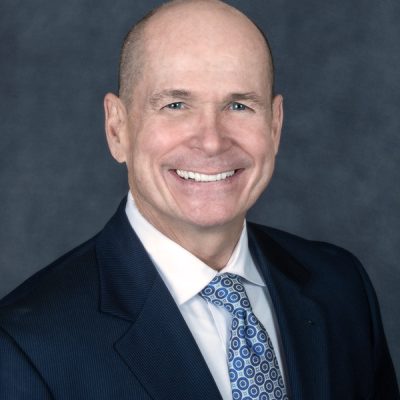In a previous blog entry, we discussed the basics of herniated discs, typical treatment options, and how they tie together in a personal injury claim. In this blog, we will be focusing further on the aftercare you are likely to require after receiving treatments or surgery for a herniated disc injury. For many people, aftercare is the most painful or difficult part of recovery, and so it cannot be overlooked when assessing the damages in your claim filed against whichever party caused your back injury.
What is Aftercare?
When most people think of medical treatments, they think of spending time in the hospital, surgeries, and visits to the doctor’s office. However, a majority of healing and recovery actually takes place away from any medical setting and in your own home. Aftercare is what you are required to do yourself to keep healing while at home after an injury or illness.
Since you are often completely unassisted and unsupervised during aftercare, the process itself can be incredibly stressful. You may feel more pain than ever before due to your lack of medical resources, other than what medications and equipment you were provided when discharged from the hospital. For a herniated disc that limits your movement, aftercare can be all the more demanding.
Aftercare Instructions for Herniated Discs
There are several key components to your herniated disc aftercare instructions:
- When to seek immediate help: Your doctor will provide you with discharge instructions with a focus on what to do in an emergency. If you cannot control your bowel movements or urination, you should arrange to be taken to the emergency room immediately. The same is true if you cannot move one or both legs, or if parts of your hips are starting to lose feeling.
- When to contact your doctor for advice: You should call your primary care physician if you are experiencing lower back pain, mild numbness in one or both legs, or moderate difficulty when moving your legs. You should also talk to your doctor if you are having unusual urine and bowel movements, or worsening pain.
- What medicines to take and when: Many herniated disc patients in aftercare recovery feel the most stress regarding their new prescription medicines. You might be sent home with an entire row of medications you must take in exact doses and at exact times. For example, it is likely that you will at least be instructed to take a muscle relaxer, a high-strength painkiller, and a fever reducer. Mixing up your medications or failing to take them in the correct dosages can cause unexpected and potentially dangerous side effects.
- How to rest and how often: You are also likely to be given direct instructions regarding how to rest after herniated disc surgery. Sleeping on your side with a pillow between your bent knees has been known to help. Regularly applying heat to the surgery site can also help but should only be done according to your doctor’s orders.
- When to attend physical therapy or conduct exercise: As your aftercare progresses, you may be directed to take physical therapy sessions to rebuild your skeletomuscular functions and flexibility. Getting to your physical therapy courses, however, can be problematic, as any form of travel may be painful. Your doctor might also recommend you start a light exercise regimen on your own at home, depending on the severity of your herniated discs. This component of aftercare can also be particularly stressful, as an incorrect motion or movement in exercise or therapy could cause further damage to your back.
Considering Aftercare in Your Personal Injury Claim
Whether you suffered a mild or severe herniated disc or similar back injury, aftercare will be part of your recovery process. As such, it should be part of your personal injury claim, too.
There will be costs associated with your aftercare, ranging from copays on prescription medication to out-of-pocket expenses to attend physical therapy sessions. You should not have to incur these costs if you were not the one who caused your back injury.
Furthermore, you must brace for the significant stresses of aftercare. Taking care of yourself without direct oversight from a medical professional may understandably put you on edge. For the time being, your overall enjoyment of life may decrease noticeably. Such lingering emotional damages must be accounted for in your personal injury claim if you want to secure a real sense of justice and closure by the time it concludes.
At Todd Miner Law®️, our legal team, led by Attorney Todd Miner, acts deliberately when calculating the total damages for our severe injury clients. We know that the costs you have suffered upfront are not all-inclusive, as you will continue to experience hardships and damages as you recover during aftercare, and the years beyond. By adding these damages to your claim, we can help you fight for every single penny you deserve in compensation.
Call 407-214-4743 to speak with a member of Todd Miner Law®️ in Orlando today for a free case evaluation.








